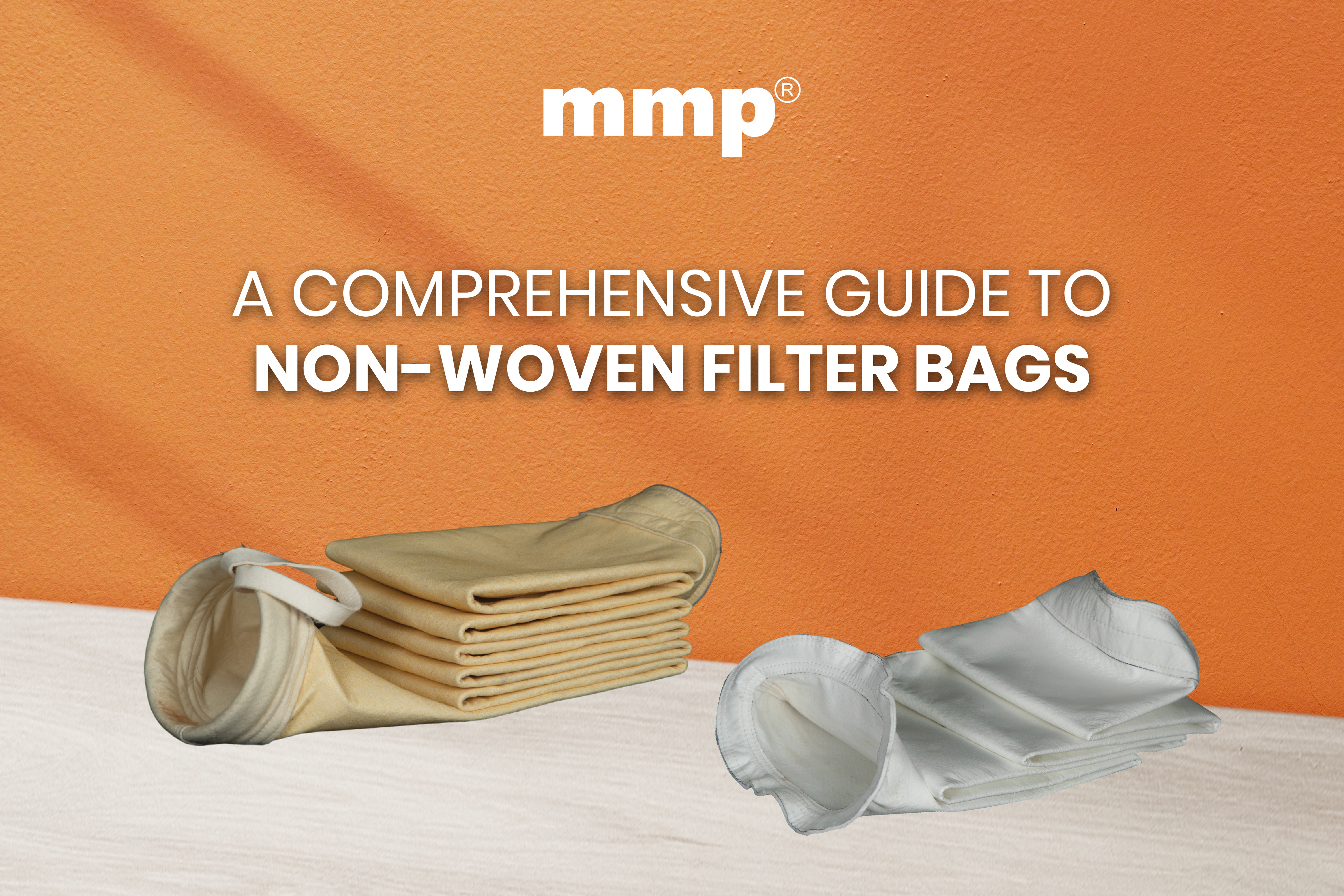Menu
A Comprehensive Guide to Non-Woven Filter Bags
Feb 12 2023

Dust filter bags are important in optimizing filtration processes. These bags are made of premium virgin needle felt fabric and they demonstrate great efficiency in reducing dust emissions.
Filter cages support the filter bags which are installed within a dust collector system. When such bags come into contact with contaminated air, solid particles get trapped on the outer surface allowing clean air to pass through. During pulsing, collected particles will be dislodged and gather at the base.
It is possible to make non-woven filter bags from various materials such as polyester, polyphenylene sulfide (PPS), meta-aramid, homopolymer or even polypropylene.
Also read: Dust Collector Filter Bags and Cages: Types and Applications
Read on for what you need to know if you’re thinking of buying non-woven filter bags but not sure which material would be ideal for your application?
Polyester:
Polyester stands out as a very durable and strong fabric, made entirely from virgin polyester filament. Due to its versatility, it is suitable for a wide range of applications such as medical facilities, construction sites, cement plants, power plants, aluminum facilities etc. Polyester is best suited for temperatures ranging from 140-150°C, treatment options and available to enhance its properties such as antistatic treatment, oil and water-repellent coating, flame retardancy, and PTFE finishing.
Homopolymer:
Homopolymers are popular in ceramic and aluminum plants, especially in cold climates, and are a good alternative to polyester when hydrolysis is a concern. Acrylic and polyester blends are also available. Homopolymer performs well within temperatures of up to 125 degrees Celsius, with various treatment options to tailor its characteristics to specific needs, such as antistatic treatment, oil and water repellent coating, flame retardancy, and PTFE finishing.
Meta-Aramid:
Meta-Aramid is a fire-resistant, high-temperature fabric that boasts excellent fire resistance and a wide range of chemicals, making it suitable for modern industrial applications. It thrives in hot climates, and is temperature stable an up to 200-220 degrees Celsius edge. These fabrics exhibit outstanding chemical resistance to organic solvents and hydrocarbons and provide high tensile strength. However, exposure to sulfur dioxide or sulfur trioxide can reduce life expectancy. Treatment options are available to further enhance its properties, such as antibiotics, oil and water coatings, flame retardants, and PTFE finishes.
Polyphenylene Sulfide (PPS):
Polyphenylene sulfide, commonly known as Ryton or PPS, is highly resistant to acids, alkalis and organic solvents, providing flame and water resistance making these fabrics suitable for applications with variable environmental conditions. PPS boasts high tensile strength and mechanical stability, withstanding temperatures up to 190-200°C. Like other fabrics, PPS can undergo a variety of treatments, including antibacterial treatments, oil and water resistant coatings, flame retardant materials and PTFE finishes.
Still not sure which fabric is best for your project? Contact our experienced team at mmp for an immediate and sustainable solution.


